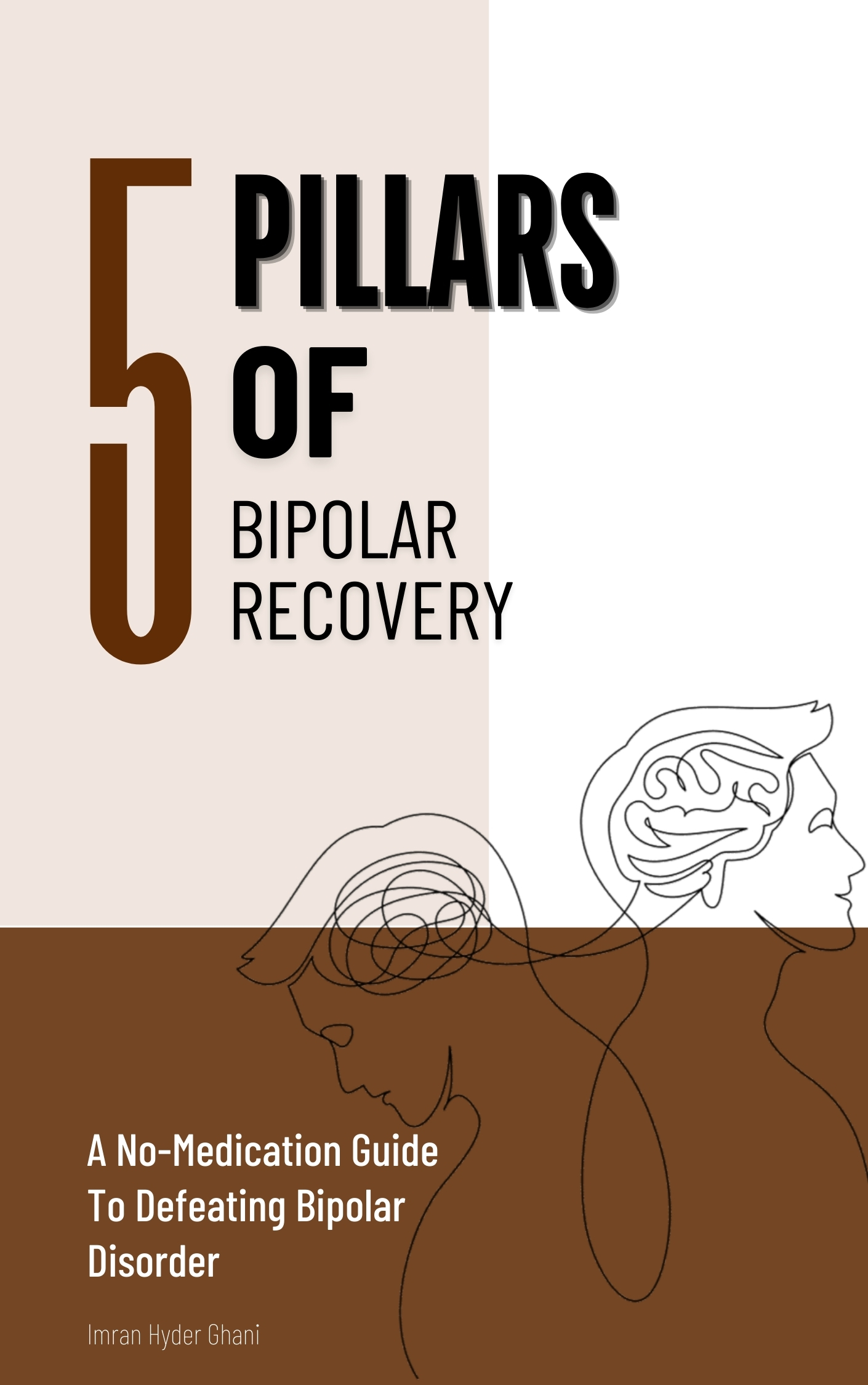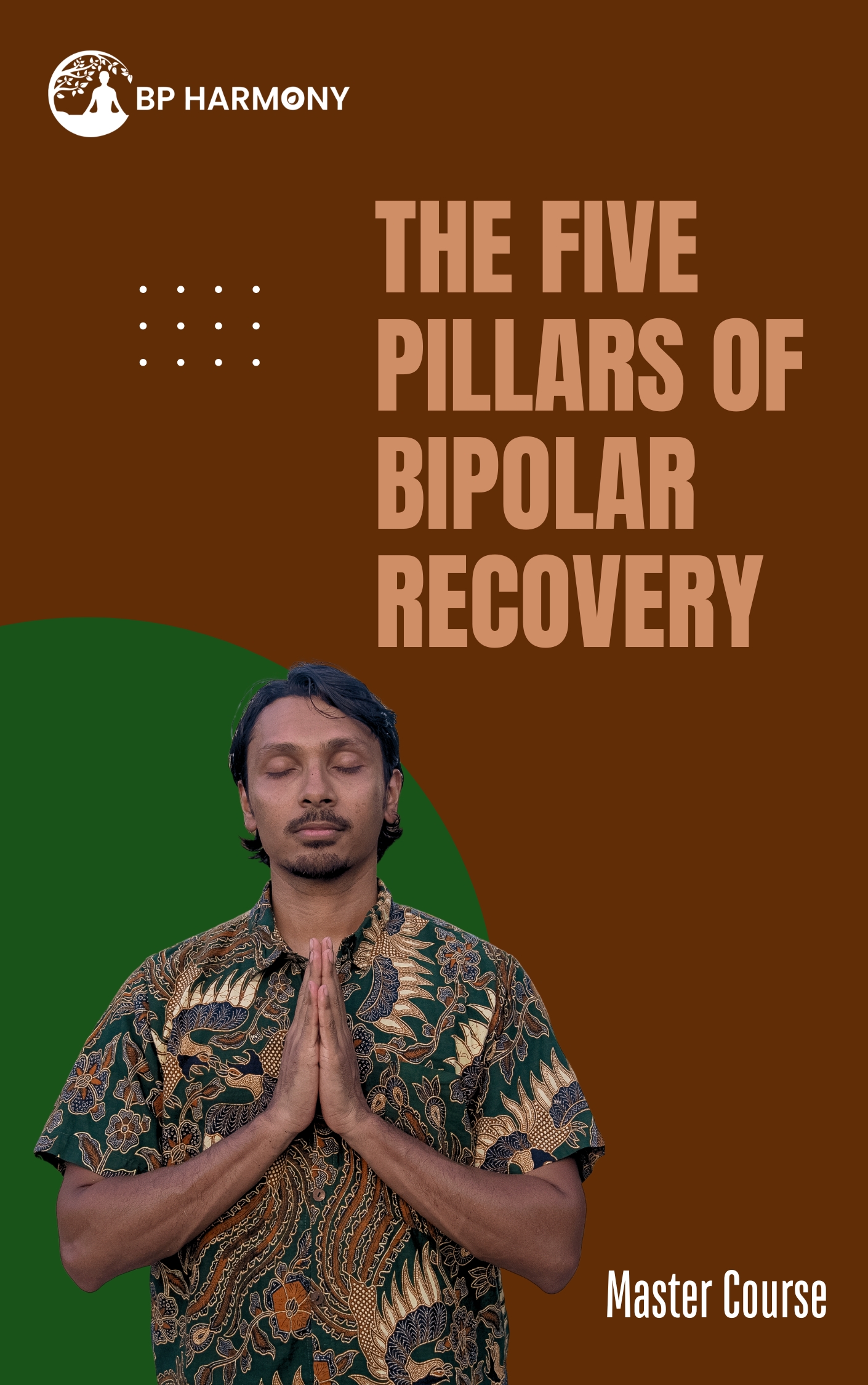Progress Tracking in Bipolar Disorder Treatment
1. Regular Check-Ins
Regular sessions are the foundation for ensuring open communication between the patient and his/her care team. At BPHarmony, we would assign a dedicated team member to maintain contact with you regarding your treatment. The regular contact sessions help with the following:
- Monitoring symptoms: A health staff member will regularly ask you whether anything has changed about your mood, behavior, or general. This open discussion helps us understand how well your treatment intervention is progressing.
- Providential Support: Periodic consultation is an avenue through which individuals articulate their difficulties or issues. The stimulating nature of such a setting encourages communication, thereby strengthening the therapeutic relationship.
- Building Trust: Such a pattern of communication will be significant for building trust and comfort as people are talking about sensitive things that might be essential for your success.

2. Modifications as Required
Bipolar disorder is an evolving disorder where treatment plans may have to change along with one’s conditions. At BPHarmony, we will ensure that we adapt ourselves according to what you need in the BPD recovery journey.
- Personalized Treatment Plans: The treatment plan you receive is not a fixed document, it undergoes evolution in response to your progress and experiences. If you feel that specific strategies are proving ineffective, our team is available to listen and implement necessary adjustments.
- Feedback Loops: Your insights are invaluable. Feedback helps us to analyze what is working and what is not. This way, we will make certain changes to your treatment plan ensuring you continue an active and healthy life.
Continuous Improvement: Changes in medication, adjustments to treatment techniques, or even learning new coping skills are all part of the ongoing recovery journey with BPD. We hope to make necessary alterations to your treatment in a way that is most beneficial for you.

3. Collaborative Approach
Our treatment plan relies on collaboration between the patients and the care teams. BPHarmony emphasizes collaborative approaches to ensure that your treatment plan works indeed.
- Shared Decision-Making: Your preferences and values are essential in guiding treatment decisions. Our team engages you in discussions about your goals and desired outcomes, ensuring that you are an active participant in your care.
- Holistic Perspective: You are encouraged to be simultaneously connected with the dimensions of mental health, physical well-being, lifestyle, and social factors. We based our collaborative methodology on integrating multiple elements, including sleep hygiene, nutrition (Link), movement, mindfulness (Link), and community to formulate a comprehensive plan designed specifically for you.
Interdisciplinary support: Besides this, you are supported by an interdisciplinary team consisting of physicians, nutritionists, and wellness coaches. The idea behind this integrated approach is that all aspects of health intersect with each other.

4. Focus on Long-Term Progress
- Continuous Monitoring: We are always tracking your progress to see where you stand overall, whereas we also service updates on trends so that treatment modification can be initiated. It allows us to solve issues before they get out of hand.
- Long-term goals: Together, we establish long-term recovery goals that bring you closer to your dreams. Whether this entails improving relations with friends, engaging in hobbies, or achieving professional milestones, our staff will support you towards these results.
- Empowerment and Skills Development: We provide individuals with coping strategies and skills that foster resilience and emotional regulation. It would help in tackling any future challenges and perpetuate stability. BPHarmony prepares you to live a productive and balanced life in recovery from BPD.

Conclusion
Educational Resources on Bipolar Disorder
Educational Resources on Bipolar Disorder
Helping Over 100 Patients (And Counting!)
Imran is such a great yoga trainer! I had the opportunity to have some 1:1 sessions with him. He crafted a yoga routine that acommodated my knee pain as well as my beginner level experience with yoga.
H.KImran is a gentle soul with a purposeful vision of making a difference in the mental health space. I find his content insightful, engaging and most importantly authentic. Thank you, for your tenacity and for doing the much needed work in this space!
ANDREA MAUImran is an exceptionally talented individual. He was able to turn his life around from bipolar disorder. I witnessed his transformation. Based on his results I have also contracted him as my Yoga instructor. He is genuine, sincere, and has a true heart to serve others.
ALI PERVEZImran Ghani's book skillfully combines his Five Pillars—sleep, nutrition, movement, mindfulness, and community—to support recovery for those with bipolar disorder, anxiety, insomnia, and other modern challenges. A great resource for well-being.
KEITH KACHTIK


I recently had the chance to join imran in a few online and in-person training sessions and it was really helpful for me. Imran is knowledgeable, caring and has the unique ability to show the learner how to improve their practice.
PAPA DIALLO